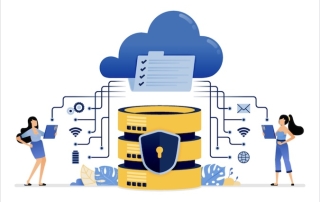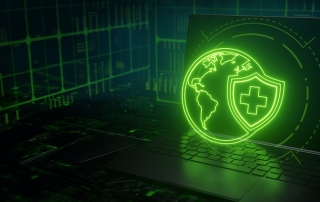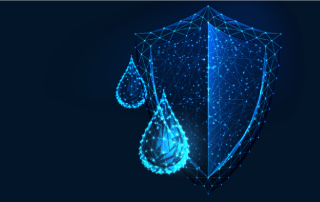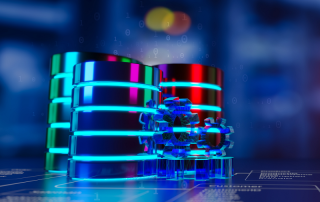Business Email Compromise: The Easiest Route for Threat Actors
BEC, or Business email compromise, is a type of cybercrime that involves attackers manipulating or compromising business email accounts for fraudulent purposes. BEC scams are designed to deceive individuals or organizations into making [...]
Why are Cloud Threat Actors Thriving?
Impact of Cloud Landscape on Incident Response Cloud incident cases differ from standard incident cases because of the different technology concepts. Currently, malicious actors in cloud environments have it easy because many aspects of the cloud landscape are unknown. [...]
Real Risks of Penalties from Failure of HIPAA Compliance
The Health Insurance Portability and Accountability Act (HIPAA) was signed into law close to three decades ago. HIPAA was initially comprised of two primary rules: (1) The Privacy Rule, which establishes standards to protect individuals' medical records and other personal [...]
What are the Impacts of AI on Cybersecurity?
AI is a double-edged sword in cybersecurity. While it provides powerful tools for defending against cyber threats, it also poses new challenges as cybercriminals adopt AI-driven techniques. AI and Cybersecurity - Potential Threats Automated Attacks: Malicious actors can use AI [...]
Water & Wastewater Cybersecurity: Mitigating Risks for Critical Infrastructure
Water and wastewater systems are part of the critical infrastructure of any nation, which makes them prized targets for physical and cyberattacks. These attacks can disrupt, and potentially contaminate, the supply of clean [...]
IT Monitoring Tool Sprawl Hurts Business Operations
IT monitoring tool sprawl refers to the proliferation of multiple monitoring tools within an organization’s IT infrastructure. While monitoring tools are essential for maintaining the performance, availability, and security of IT systems, their [...]






